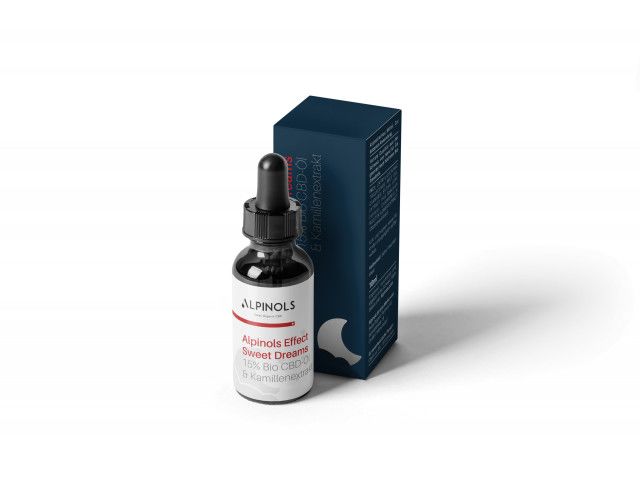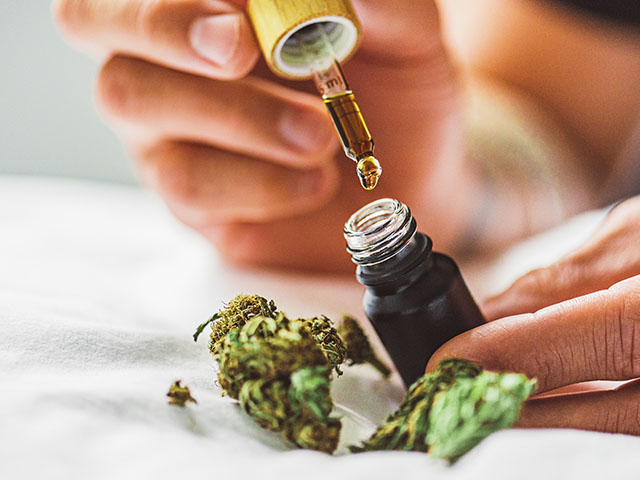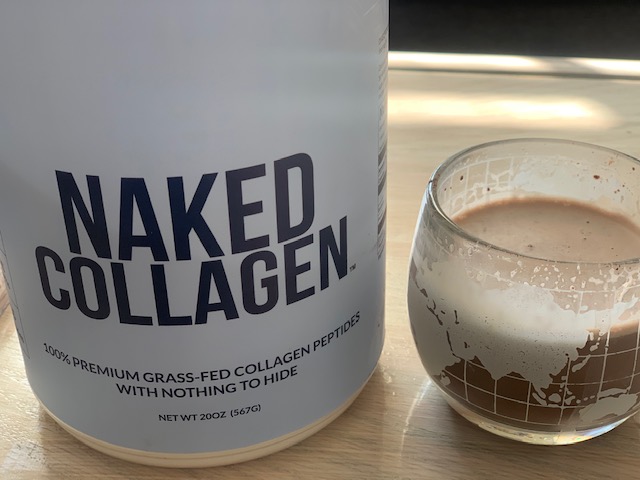The History of CBD
CBD, short for cannabidiol, is a remarkable compound that has gained popularity in recent years for its potential therapeutic benefits. However, the history of CBD stretches back centuries, and its journey from ancient remedies to modern medicine is a fascinating one. In this blog post, we will explore the rich history of CBD, tracing its roots from ancient civilizations to the cutting-edge research of today.
Ancient Beginnings
The history of CBD can be traced back to ancient civilizations that recognized the medicinal properties of the hemp plant. The hemp plant, including both hemp, has been used for thousands of years for various purposes, including its therapeutic effects. Ancient texts from China, dating back to 2737 BCE, mention the use of hemp for its healing properties. In India, ancient Ayurvedic texts describe the plant’s potential as a treatment for various ailments.
It’s essential to distinguish between the different strains of the hemp plant. Hemp, a variety of hemp that is low in THC (the psychoactive compound), has been cultivated for centuries for its fibers and seeds. CBD is primarily derived from hemp, making it a non-psychoactive component of the plant.
The Western World Discovers Hemp
As exploration and trade expanded, so did the knowledge of the hemp plant. In the 19th century, Western medicine began to take an interest in the potential therapeutic properties of hemp. One notable figure in this era was Sir William Brooke O’Shaughnessy, an Irish physician who worked in India and is often credited with introducing hemp to Western medicine. He conducted extensive research on the plant and published the first scientific paper on its therapeutic uses of hemp in 1839.
Hemp tinctures and preparations containing CBD were widely used in the Western world for various conditions, including pain, seizures, and even menstrual cramps. Queen Victoria herself is said to have used a CBD-rich hemp tincture for her menstrual discomfort.
Prohibition and Rediscovery
The early 20th century saw a shift in attitudes toward hemp as various countries began implementing strict hemp regulations. In the United States, the Marihuana Tax Act of 1937 effectively criminalized the plant, including hemp, and marked the beginning of a period of prohibition that would last for decades.
As a result of this prohibition, the knowledge of the therapeutic properties of CBD and other hemp compounds was largely lost to the medical community. It wasn’t until the late 20th century that scientists and researchers began to rediscover the potential benefits of CBD.
The Rediscovery of CBD
The rediscovery of CBD can be attributed to the work of researchers like Dr. Raphael Mechoulam, an Israeli chemist who is often referred to as the “Father of Hemp Research.” In the 1960s, Mechoulam and his team identified the chemical structure of CBD and later discovered the endocannabinoid system (ECS), a complex network of receptors and compounds within the human body that plays a crucial role in regulating various physiological processes.
This groundbreaking research laid the foundation for understanding how CBD interacts with the ECS and provided scientific validation for the therapeutic potential of the compound. With this newfound knowledge, scientists began to explore the potential uses of CBD for a wide range of medical conditions.
Modern Medicine and CBD
In recent years, CBD has gained widespread attention for its potential therapeutic benefits, and research into its applications has surged. One of the most well-known uses of CBD is in the treatment of epilepsy, particularly in children with rare forms of the disorder. In 2018, the U.S. Food and Drug Administration (FDA) approved Epidiolex, a CBD-based medication, for the treatment of two severe forms of childhood epilepsy.
CBD is also being studied for its potential in managing conditions such as chronic pain, anxiety, and sleep disorders. Preliminary research suggests that CBD may have anti-inflammatory and neuroprotective properties, making it a subject of interest in the fields of neurology and psychiatry.
Moreover, CBD has gained popularity in the wellness and beauty industries. You can now find CBD-infused products ranging from skincare to bath bombs, with claims of reducing inflammation, promoting relaxation, and improving overall skin health.
The Legal Landscape
The legal status of CBD varies from country to country and even within different states in the United States. In many places, CBD is legal as long as it is derived from industrial hemp and contains less than 0.3% THC. However, some regions still have strict regulations on the use and sale of CBD products.
It’s essential for consumers to be aware of the laws and regulations in their area before using CBD products. Always buy from reputable sources that provide lab-tested products to ensure the quality and safety of the CBD you’re using.

The Future of CBD
As the research on CBD continues to expand, the future of this compound in modern medicine is promising. We can expect to see more clinical trials, a better understanding of dosing, and the development of new CBD-based treatments. With its potential to provide relief for a wide range of medical conditions, CBD has the potential to revolutionize healthcare and improve the quality of life for many individuals.
In conclusion, the history of CBD is a journey that spans thousands of years, from ancient civilizations recognizing its medicinal properties to the rediscovery of its therapeutic potential in the modern world. With ongoing research and evolving legal frameworks, CBD’s role in healthcare is set to grow, offering new hope for those seeking natural and effective remedies for various ailments. The story of CBD is far from over, and it’s a story worth watching as it unfolds in the coming years. If you would like further information about CBD, you can visit SnoStl to learn more.




